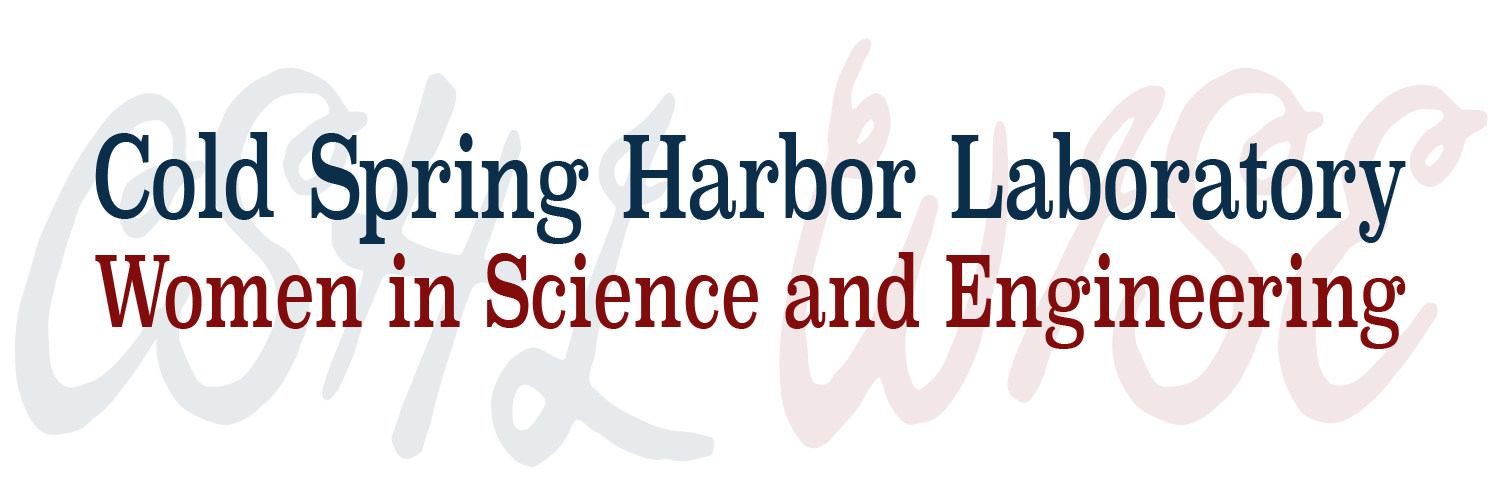
Still looking for a New Year’s resolution? Skip the body-shaming and instead choose to help empower women by contributing to the Wikipedia pages of female scientists! One of WiSE’s last events of 2018 was collaborating with the Cold Spring Harbor Laboratory Library and Archives to host a #WomenInSTEM Wikipedia Edit-A-Thon where we created and expanded Wikipedia articles on female scientists.
One scientist we created a page for was radiochemist Ethaline Hartge Cortelyou, an American chemist and scientific technical writer and editor who advocated for female scientists and signed the 1945 Szilárd petition warning the United States government against dropping an atomic bomb on Japan. You can learn a lot more about her on her new Wikipedia page, but here are some of the highlights…
Ethaline was born Ethaline Hartge on 26 November 1909 in New Kingstown, Pennsylvania. She studied chemistry at Alfred College in New York and graduated with a bachelor’s of science degree in chemistry in 1932. In the course of her career, she worked as a teacher and chemist as well as a technical writer and editor at multiple government agencies, academic institutions, and industrial companies. She is best known for her position a junior chemist and technical editor at the University of Chicago’s Metallurgical Laboratory (“Met Lab”) during the Manhattan Project. In her role she helped prepare a classified table of isotopes, but she opposed dropping an atomic bomb on Japan and was one of ten women (among 70 total scientists) to sign the 1945 Szilárd petition urging the United States government against it.
Early in her career, Cortelyou counseled women to take jobs in scientific technical editing and editing like she had, advising them that there would be less opposition from men in those positions than they’d encounter in more lab-based positions. She also pointed out the benefits of technical editing positions for women, including that they could be a good bridge job between college graduation and starting a family and were more flexible in terms of reentry after taking time off for childcare.
By 1958, however, she came to see such funneling of women into these positions as a “waste of talent” that was detrimental to the advancement of science. She became a strong advocate for changing scientific culture to better accommodate and support women, rather than making women take positions that made it easier to also be a mother and wife. She urged employers to better provide for their female workers by, among other things, offering maternity leave and part-time education and employment opportunities to aid in reentry into the field after taking time off for childcare. She also urged female scientists to support one another.
Cortelyou served as a founding member and treasurer of the National Council on the Participation of Women in Science, formed in March 1959. The Council was short-lived because, despite getting startup funds from the American Association for the Advancement of Science (AAAS), their National Science Foundation (NSF) and National Institute of Health (NIH) grant proposals requesting funding for the creation of a center to help end discriminatory practices in employment and education of female scientists were rejected on “technical grounds.” The group remade itself as the American Council of Women in Science and Cortelyou remained an active member, but this new group was short-lived as well.
Ethaline died on 19 July 1997 in Colorado Springs, but her legacy lives on.
